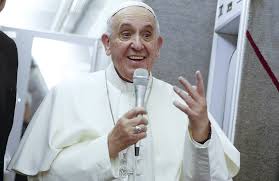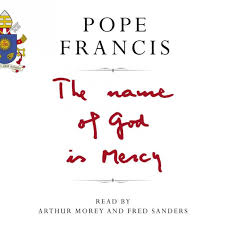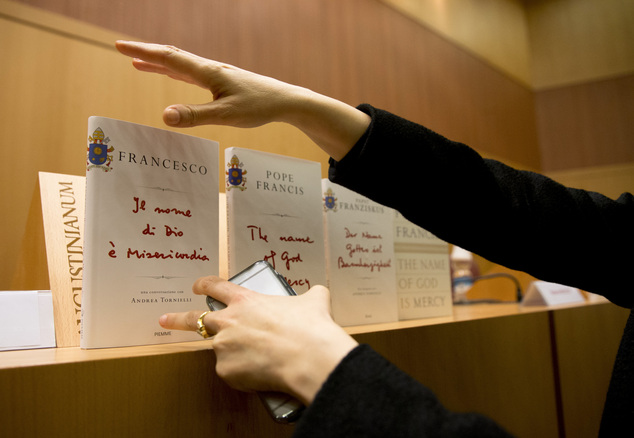November is there – the days are shorter and the clouds are often masters of the sky. It seems that the days are dark, dull and dreary and… somehow dispiriting.
But let the sun suddenly shine through the clouds and everything is changed: the colours take on richer hues – the reds are blood patches, the yellows are golden touches, the browns are rich copper blotches.
All this because the rays of the sun have pierced through the darkness.
This is the reflection that came to me as I read the 1st reading of this 33rd Sunday (Year C: Malachi 3:19-20). The last words tell us:  “The sun of righteousness will shine with healing in its rays.”
“The sun of righteousness will shine with healing in its rays.”
A message of hope if ever there was one! And it is truly needed as we read the gospel text for this Sunday (Lk.21:5-19). The scenes described there resemble our November weather: dark and dreary and they evoke pictures of death. Troubles, terror, tragedy – yes , all these are part of life, the sad and painful part of it. But it is not the whole picture. It is not the full reality. Healing is possible, healing is available, there, so near, from the one who offers it to us by his very presence.
The “sun of righteousness” is God’s love and mercy, God’s compassion and forgiveness. It is offered to us to heal in us all that is weak and disable, all that lacks faithfulness, all that prevents us from being what God expects us to be and to become. All…
 Pope Francis has declared September 1 as the World Day of Prayer for the Care of Creation.
Pope Francis has declared September 1 as the World Day of Prayer for the Care of Creation.
 We could easily have missed it! Yes, I mean the text for our reflection this Sunday (14th Sunday, Year C). The 1st reading is that of Isaiah 66:10-14. The book of the prophet Isaiah has exactly 66 chapters and the last one has 24 verses in all. So our reference for this Sunday comes… very late in the book and someone who has gone through all the previous contents could be forgiven to ‘forget’ the very last section. But then, that person would miss… a jewel!
We could easily have missed it! Yes, I mean the text for our reflection this Sunday (14th Sunday, Year C). The 1st reading is that of Isaiah 66:10-14. The book of the prophet Isaiah has exactly 66 chapters and the last one has 24 verses in all. So our reference for this Sunday comes… very late in the book and someone who has gone through all the previous contents could be forgiven to ‘forget’ the very last section. But then, that person would miss… a jewel!

